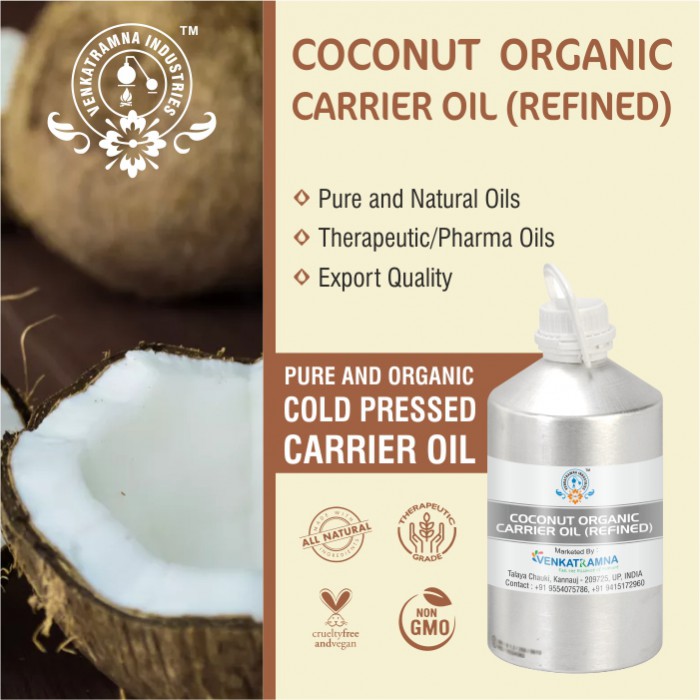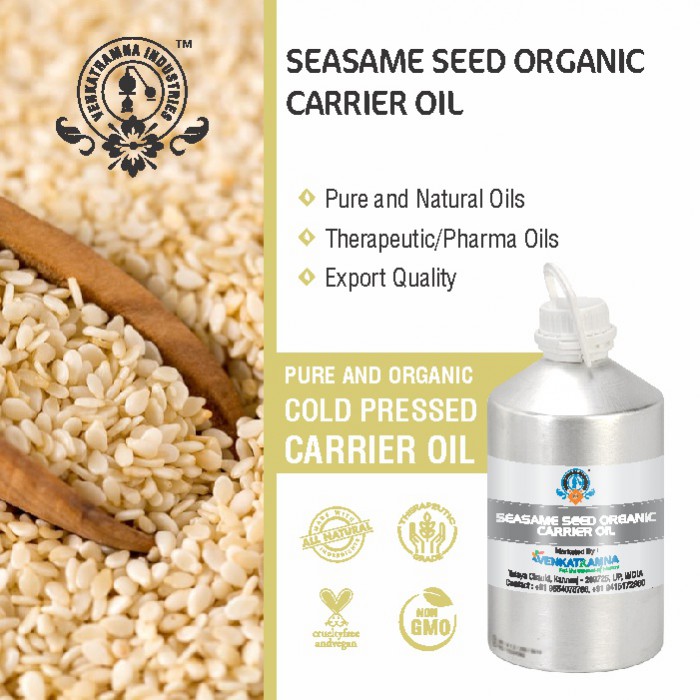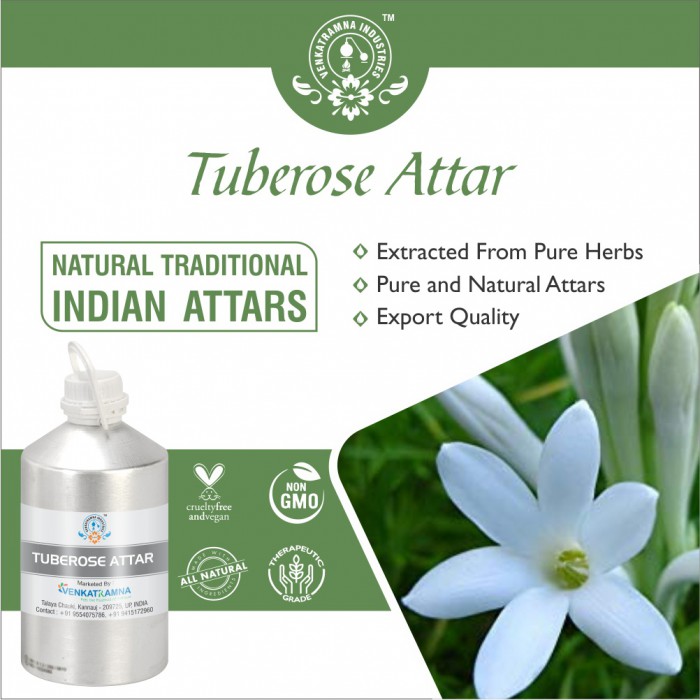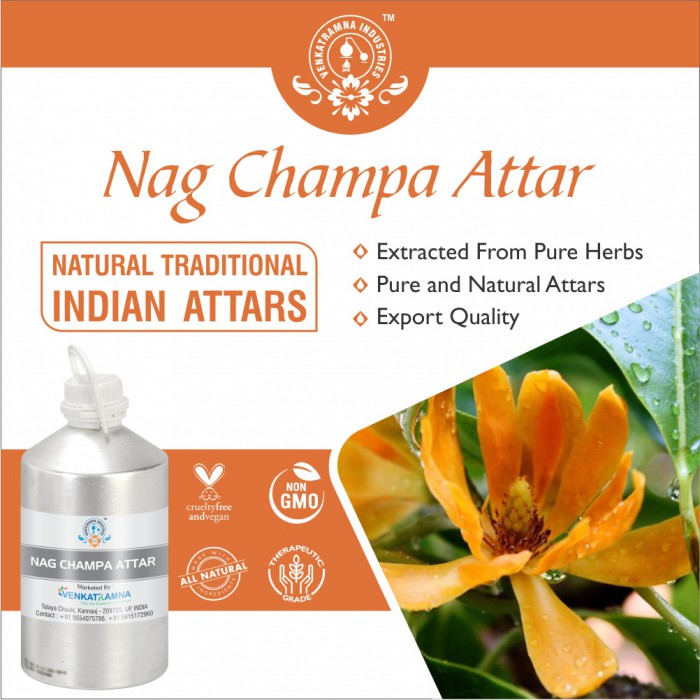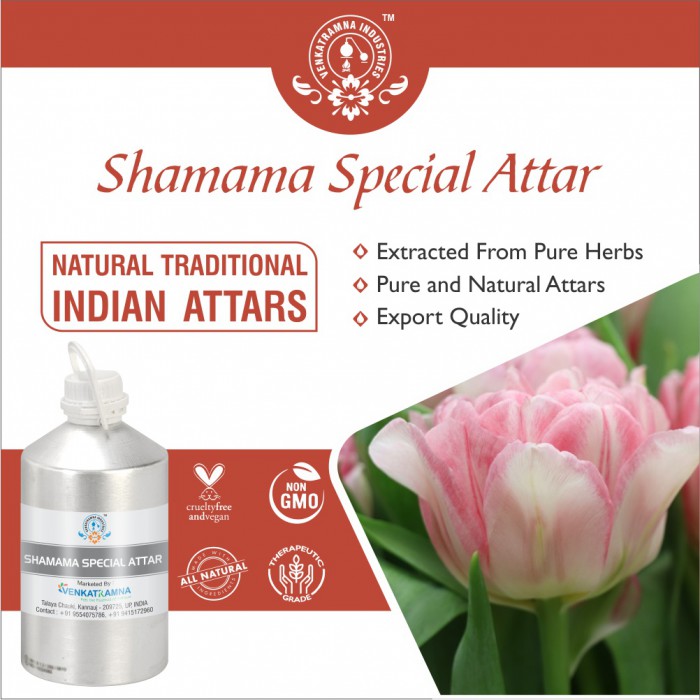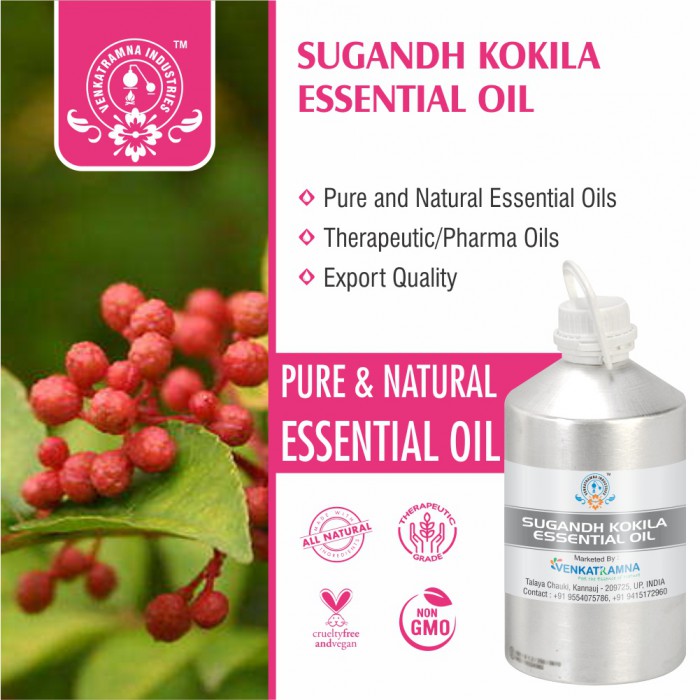Botanical Name: Citrus x limon (L) Common name: lemon Plant family: Read More
|
Botanical Name: |
Citrus x limon (L) |
|
Common name: |
lemon |
|
Plant family: |
Rutaceae |
|
Genus: |
Citrus |
|
Appearance/Color: |
A thin,
colorless to greenish yellow liquid. |
|
Odor: |
A top note with a
strong aroma, it has a strong bright lemony scent. |
|
Blends With: |
Bergamot, Lime,
Mandarin and Orange |
|
Origin: |
India |
|
Source: |
Leaves |
|
Method of
Extraction: |
Steam Distillation |
The health benefits of lemon are
due to its many nourishing elements like vitamin C, vitamin B6, vitamin A,
vitamin E, folate, niacin, thiamin, riboflavin, pantothenic acid, copper,
calcium, iron, magnesium, potassium, zinc, phosphorus, and protein. It is a
fruit that contains flavonoids, which are composites that contain antioxidant
and cancer-fighting properties. It helps to prevent diabetes, constipation,
high blood pressure, fever, indigestion, as well as improves the skin, hair,
and teeth. Studies conducted at the American Urological Association highlight
the fact that lemonade or lemon juice can eliminate the occurrence of kidney
stones by forming urinary citrate, which prevents the formation of crystals
The origin of the lemon is
unknown, though lemons are thought to have first grown in Assam (a region in
northeast India), northern Burma or China. A study of the genetic origin of the
lemon reported it to be hybrid between bitter orange (sour orange) and citron.
Lemons entered Europe near
southern Italy no later than the second century AD, during the time of Ancient
Rome. However, they were not widely cultivated. They were later introduced to
Persia and then to Iraq and Egypt around 700 AD. The lemon was first recorded
in literature in a 10th-century Arabic treatise on farming, and was also used
as an ornamental plant in early Islamic gardens. It was distributed widely
throughout the Arab world and the Mediterranean region between 1000 and 1150.
Lemons are ready to pick as soon
as they are yellow or yellow green in appearance and firm. The fruit will be 2
to 3 inches in size. It’s better to wait until they are the right size and not
worry so much about color than to wait for them to be completely yellow.
Unlike our other Lemon Essential Oils this means that the oil has more to give but also has a certain level of phototoxicity, which means it may irritate the skin when you go out in the sunshine. You should not use the oil undiluted and be careful when going out into the sun if using on the skin.
DISCLAIMER
The complete range of conditions
or methods of use are beyond our control therefore we do not assume any
responsibility and expressly disclaim any liability for any use of this
product. Information contained herein is believed to be true and accurate however,
all statements or suggestions are made without warranty, expressed or implied,
regarding accuracy of the information, the hazards connected with the use of
the material or the results to be obtained from the use thereof. Compliance
with all applicable federal, state, and local laws and local regulations
remains the responsibility of the user.
The FDA has not evaluated the
statements on this website. No claims are made by Venkatramna Industries as to
the medicinal value of any products from vriaroma.com or by us. The information
presented here is for educating our customers about the traditional uses of
essential oils and is not intended to diagnose, treat, cure, or prevent any
disease. You are responsible for understanding the safe application of these products.
If you have any questions, please call or email us for further information.
As per NAHA guidelines, New Directions Aromatics (NDA) does not recommend the ingestion of essential oils. It is imperative to consult a medical practitioner before using Essential Oils for therapeutic purposes. Pregnant and nursing women and those taking prescription drugs are especially advised not to use this product without the medical advice of a physician. The oil should always be stored in an area that is inaccessible to children, especially those under the age of 7.
Lemon
is a commonly used culinary ingredient in most of our homes. The leaves of
the lemon plant have very useful and medicinal properties having several
benefits for skin too. In fact, accounting for the medicinal benefits of
these leaves, the lemon leaves have been widely used in various cooking
procedures across the globe.
Lemon
leaves Essential oil is especially helpful in relieving any skin
related disease. It has
refreshing properties that can activate mind. It can rejuvenate and gently
cleanse skin as well as activate mind. It cleanses skin from deep within the
pores. On skin and hair, it can be used for its cleansing effect, as
well as for treating cuts and boils.
Lemon leaves Essential oil is prominently used as
refreshing flavouring agent in various culinary preparations. Its sedative and
antispasmodic properties, help in relieving the symptoms of disorders such
as insomnia, nervousness and palpitation. It is useful to reduce the
effect of a migraine headache and asthma. The Lemon leaves Essential oil is also effective in
de-worming the body.
COMMON
USAGE
·
Treats Indigestion
·
Treats Fever
·
Dental Care
·
Hair Care
·
Skin Care
·
Cures Burns
·
Internal Bleeding
·
Promotes Weight Loss
·
Soothes Respiratory Disorders
·
Treats Cholera
·
Relaxes Foot
·
Treats Rheumatism
·
Reduces Corns
·
Throat Infections
·
Controls Blood Pressure
Ingredients:
| S. No. | Key Constituents | Strength (%) |
| 1 | Geranial | 10.9–39.0 |
| 2 | (þ)-Limonene | 8.1–30.7 |
| 3 | Neral | 6.5–25.3 |
| 4 | Geraniol | 0.5–15.0 |
| 5 | b-Pinene | 3.5–13.6 |
| 6 | Neryl acetate | 3.7–7.4 |
| 7 | Nerol | 1.3–7.4 |
| 8 | a-Terpinyl acetate tr | 7.3 |
| 9 | Linalyl acetate tr | 6.5 |
| 10 | Geranyl acetate tr | 4.0 |
| 11 | Citronellal | 1.5–2.9 |
| 12 | g-Terpinene | 0.4–2.3 |
| 13 | a-Pinene | 0.1–2.2 |
| 14 | b-Caryophyllene | 0.6–2.0 |
| 15 | Linalool | 1.2–1.8 |
| 16 | b-Myrcene | 0.4–1.5 |
| 17 | a-Terpineol | 0.4–1.1 |
Safety summary
·
Hazards: Drug interaction;
teratogenicity; skin sensitization (low risk).
·
Cautions (oral): Diabetes medication,
drugs metabolized by CYP2B6 (Appendix B), pregnancy.
·
Cautions (dermal): Hypersensitive,
diseased or damaged skin, children under 2 years of age.
·
Maximum daily oral dose in pregnancy: 84
mg
·
Maximum dermal use level: 1.2%
Our safety advice
We recommend a dermal maximum of
1.2% to avoid skin sensitization, and a daily oral maximum in pregnancy of 84
mg. This is based on 50% citral content, with dermal and oral citral limits of
0.6% and 0.6 mg/kg (see Citral profile, Chapter 14). Because of its
(þ)-limonene content we recommend that oxidation of lemon leaf oil is avoided
by storage in a dark, airtight container in a refrigerator. The addition of an
antioxidant to preparations containing it is recommended.
Regulatory guidelines
IFRA recommends a maximum dermal
use level for citral of 0.6% for body oils and lotions, in order to avoid skin
sensitization (IFRA 2009). IFRA recommends that essential oils rich in limonene
should only be used when the level of peroxides is kept to the lowest practical
level, for instance by adding antioxidants at the time of production.
Organ-specific effects
·
Adverse skin reactions: Undiluted lemon
leaf oil was not irritating to rabbits, but was slightly irritating to mice and
pigs; tested at 10% on 25 volunteers it was neither irritating nor sensitizing.
It is non-phototoxic. Citral is a potential skin sensitizer, and autoxidation
products of (þ)-limonene can cause skin sensitization.
·
Cardiovascular effects: Gavage doses of
10, 15 or 20 mg/kg/ day citral for 28 days, dose-dependently lowered plasma
insulin levels and increased glucose tolerance in obese rats.
·
Reproductive toxicity: Citral is
dose-dependently teratogenic because it inhibits retinoic acid synthesis, and
this can affect fetal development.
Systemic effects
·
Acute toxicity:
Lemon leaf oil acute oral LD50 in rats >5 g/kg;
acute dermal LD50 in rabbits >5 g/kg.
·
Carcinogenic/anticarcinogenic potential:
No information was! found for lemon leaf oil, but it contains no known
carcinogens. Citral, (þ)-limonene, geraniol and citronellal display
anticarcinogenic activity.
·
Ecotoxicity: Harmful to aquatic life. May have
long lasting effects.
·
Bioaccumulation: No data available
·
Mobility in soil: No data available
·
Persistence and degradability: No data available
·
PBT and vPvB assessment: No data available
·
Avoid direct exposure into water streams and
ground water sources.


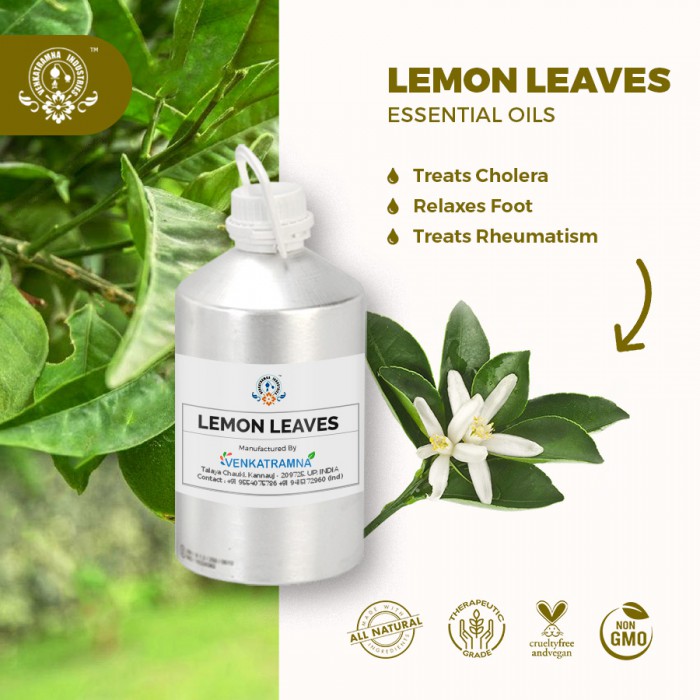
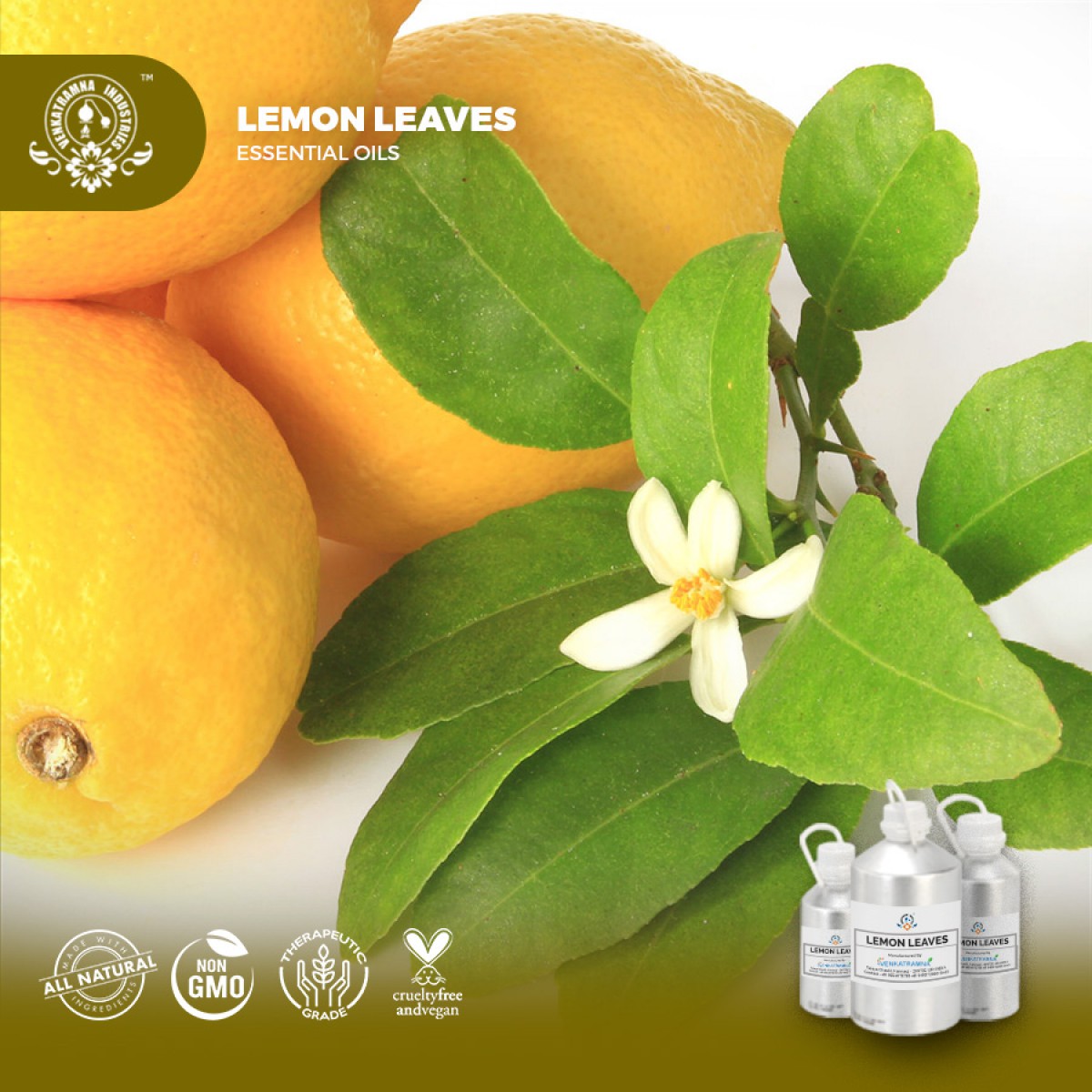
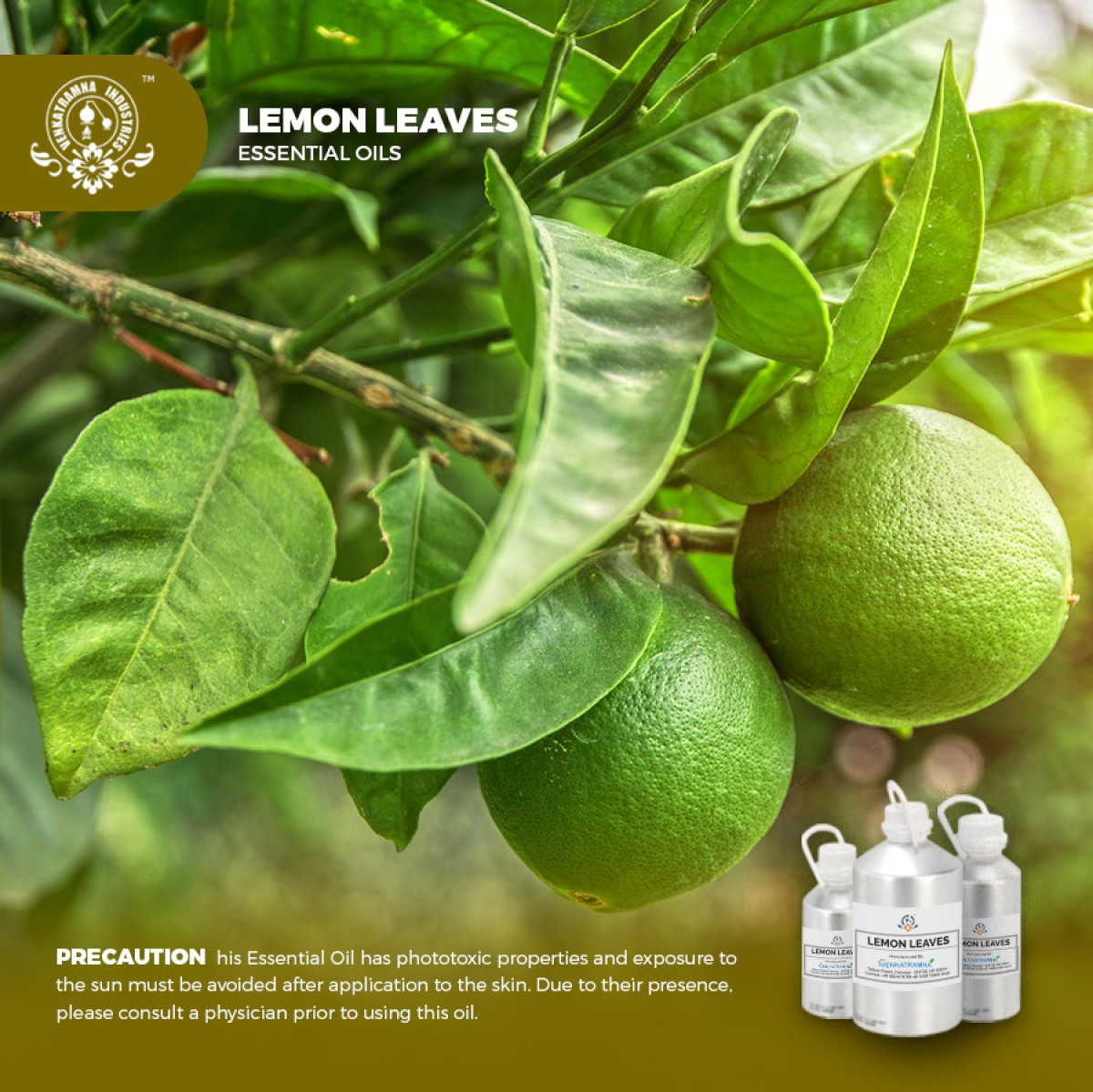
 MSDS-Lemon2.pdf
MSDS-Lemon2.pdf